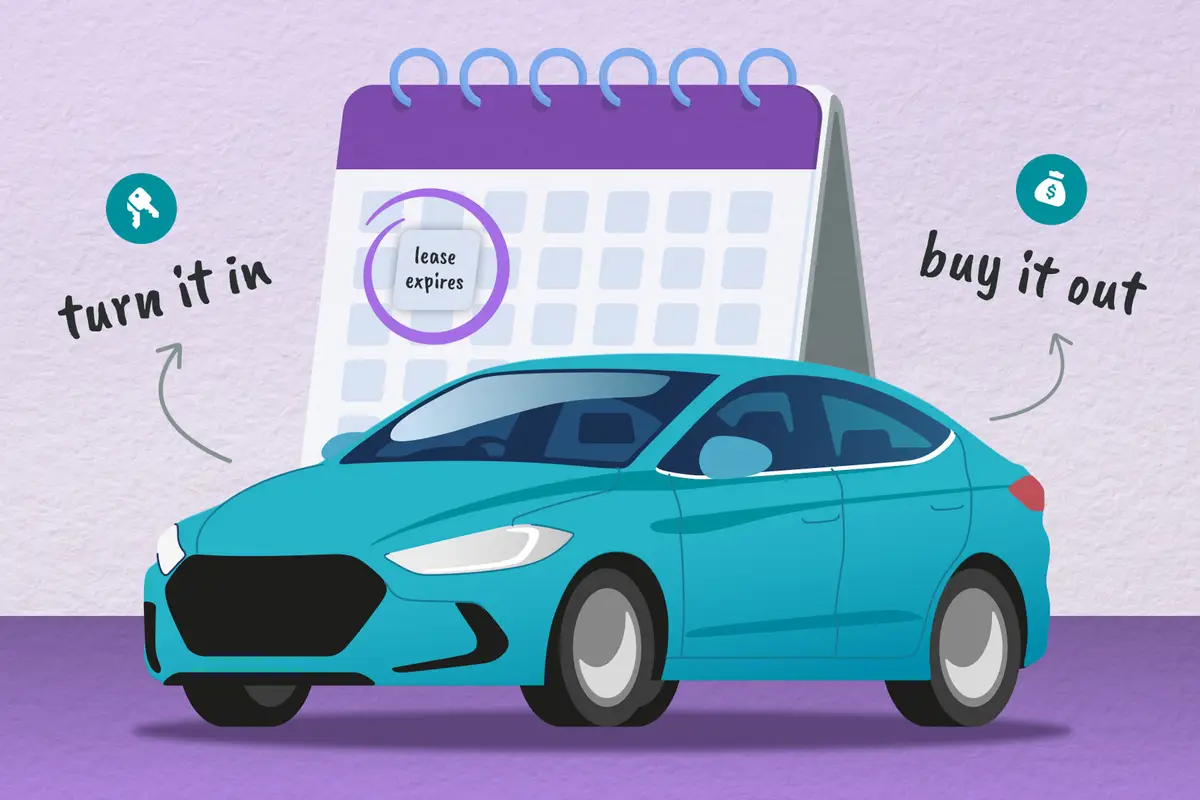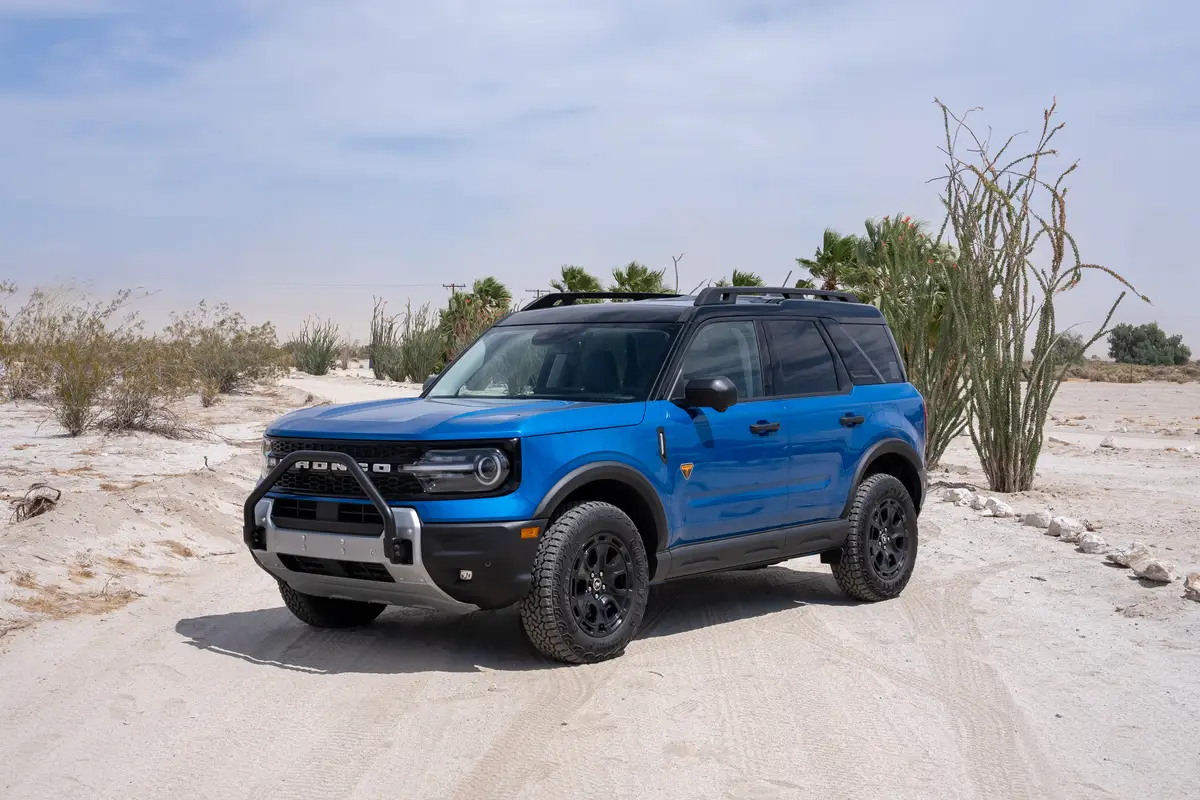The Week in Tesla News: Self-Driving Price Hike, Model 3 Crash Tests, Getaway Tesla and More
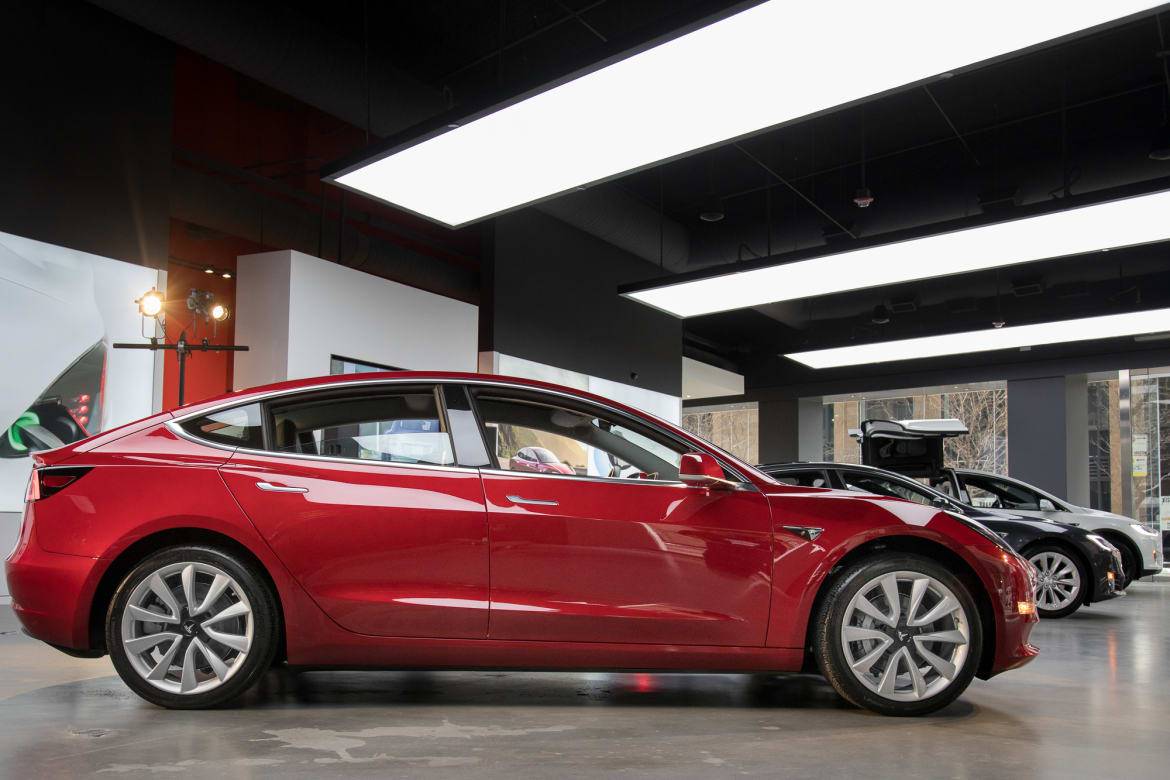
There’s never a shortage of Tesla news out there, but the past week was a doozy. The price of full self-driving capability in Teslas is about to increase (and keep increasing). In safety news, the Insurance Institute for Highway Safety has finally decided to crash-test the Model 3, and Consumer Reports has called for transparency regarding Tesla’s Autopilot crashes. A Tesla owner has filed a lawsuit, alleging a recent update has reduced battery capacity. And, finally, a bonus story about a police pursuit put to a halt when the getaway car’s battery dies.
Related: Which Cars Have Self-Driving Features for 2019?
Buckle up, folks — here’s the weekly Tesla news rundown.
Full Self-Driving Gets Spendy
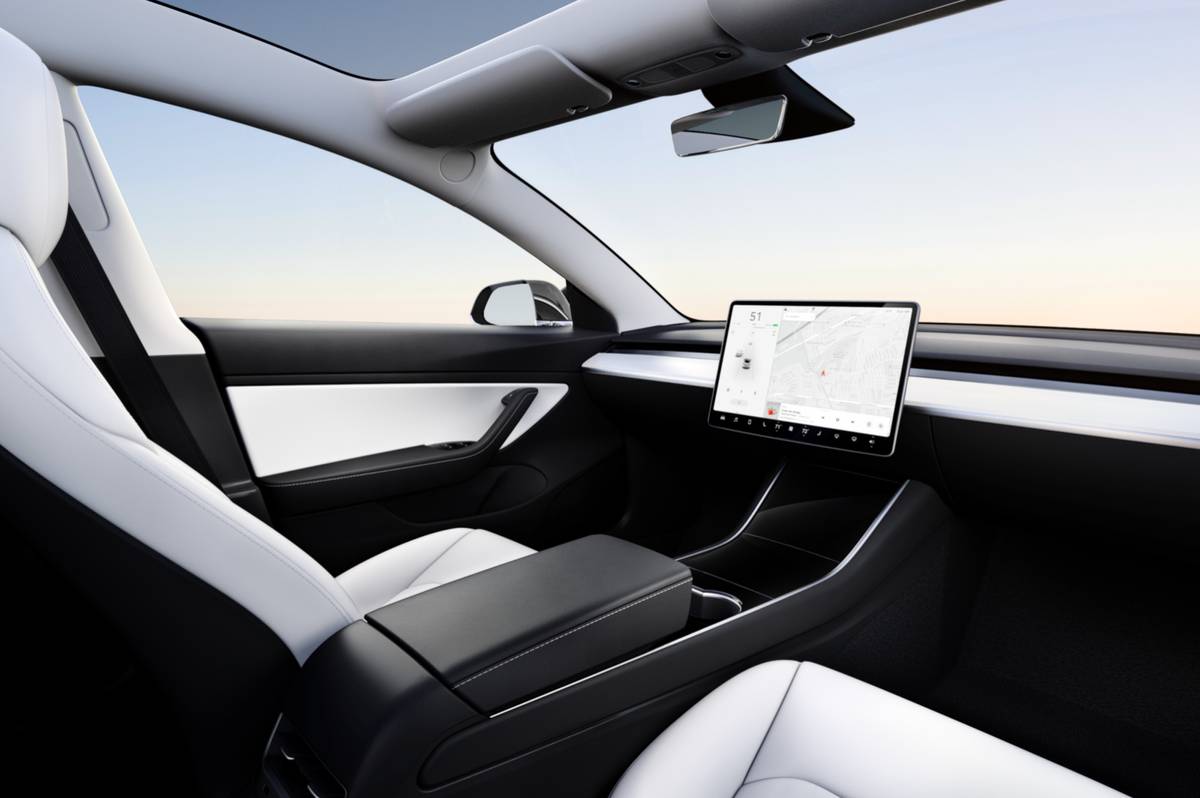
Tesla CEO Elon Musk announced via Twitter Aug. 9 that the price of full self-driving is going up. Full self-driving (or FSD) is not as complete as it sounds; basically, the feature is a piece of hardware that will one day allow your Tesla to drive itself. Currently, you can get FSD as a $6,000 option when purchasing, or add it for $8,000 after you buy. On Aug. 16, the FSD option will increase by about $1,000, and the cost will continue to go up every few months, Musk said.
This comes on the back of Musk’s July announcement that Teslas will become prohibitively expensive once they reach full autonomy due to their potential profitability as “robotaxis.” If you’re looking to get into a Tesla not just as an electric car, but as an autonomous one, you might want to act fast.
“Those who buy it earlier will see the benefit,” Musk wrote on Twitter.
The Week in Tesla Safety News
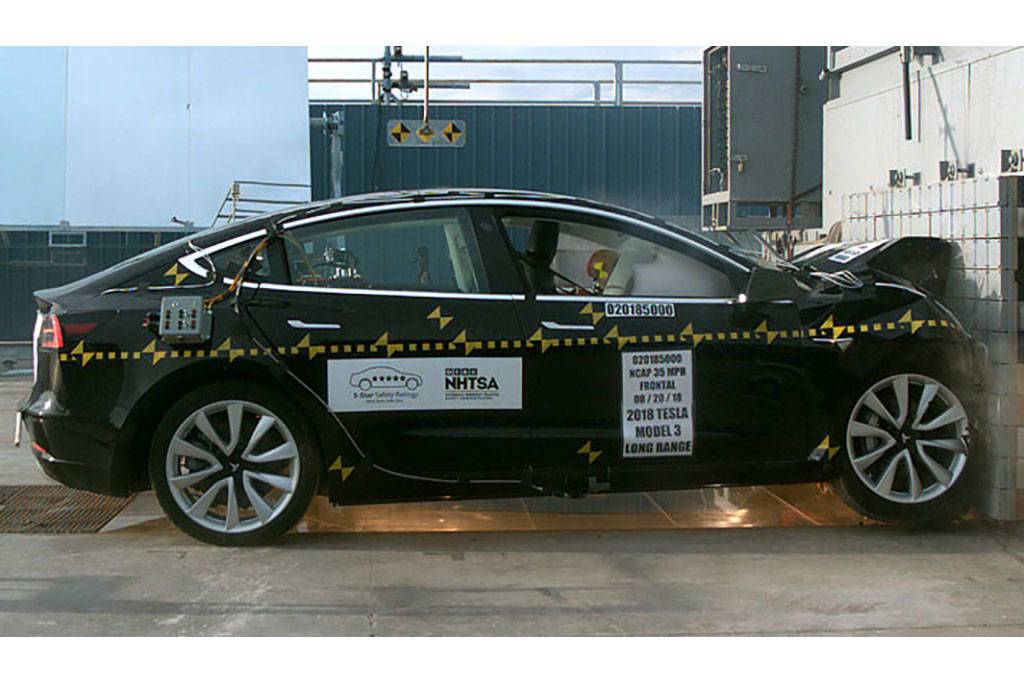
IIHS said it will begin to crash-test the Tesla Model 3 this week. The insurance-industry-backed safety advocacy group has not yet tested the Model 3 despite the fact that it’s been on roads for about two years now. The Model 3 has already passed the National Highway Traffic Safety Administration’s tests with flying colors, earning the highest-possible five-star ratings across the board for 2019, but IIHS intends to perform more rigorous tests that simulate particularly deadly types of accidents.
In other safety news, Consumer Reports has asked NHTSA to provide more information to the public about crashes involving Tesla’s Autopilot technology, according to a story by Forbes.
Last week, PlainSite published Freedom of Information Act-requested emails from a correspondence between NHTSA and Tesla. Among the emails is a subpoena from NHTSA seeking information about Tesla crashes, including the fatal March 1 accident in Florida, during which Autopilot was engaged. Another document is a cease-and-desist letter sent to Elon Musk by NHTSA in October 2018 objecting to how the federal crash-test results of the Model 3 were portrayed in a Tesla blog post.
More From Cars.com:
- Shop for a 2019 Tesla Model S
- Shop for a 2019 Tesla Model X
- The Week in Tesla News: Dog Mode Has Fleas, Free Supercharging Back (for Some) and More
- The Week in Tesla News: Netflix and Drive, Camera to Capture Driver Preferences, Electric Van-Life
- The Week in Tesla News: No More ‘Cheap’ Model S or X, Autopilot Crashes Dip, V3 in Vegas
Battery Update Under Fire
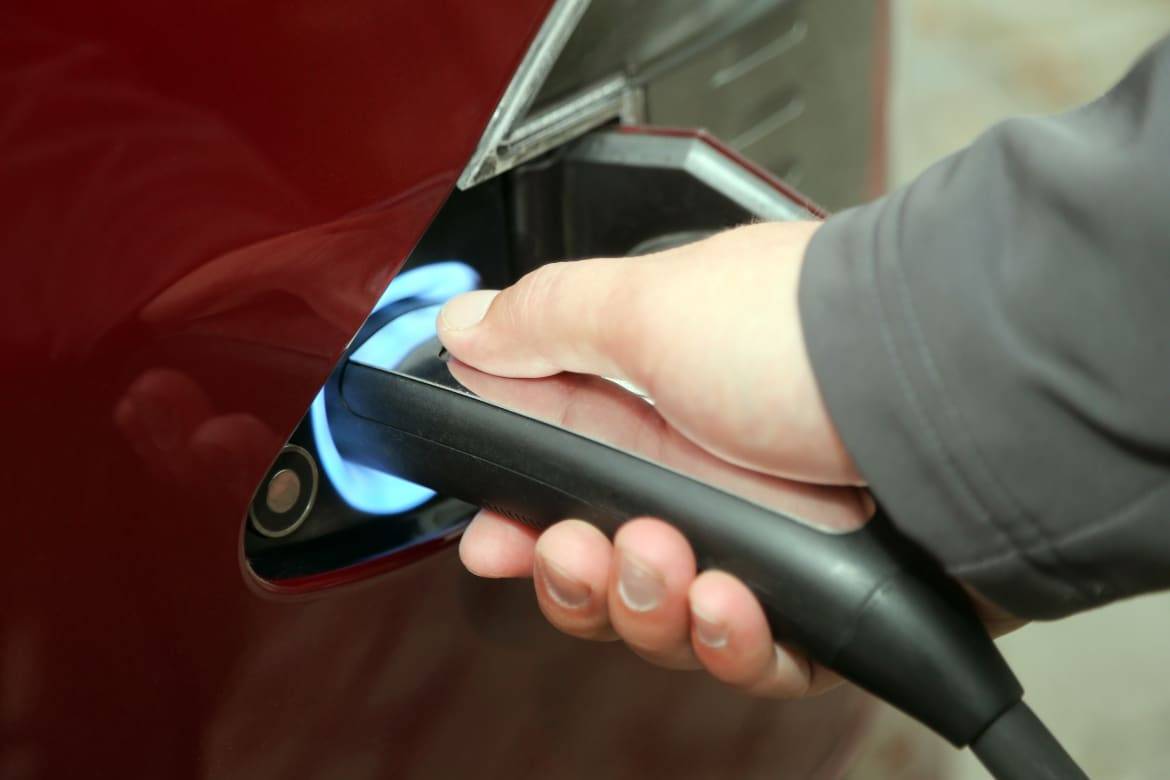
Following an April incident in Shanghai in which a Model S spontaneously caught fire in an underground garage, Tesla rolled out an over-the-air software update in May for Model S and X cars. The update was meant to revise the batteries’ charge and thermal settings, but a recent lawsuit suggests the update did more than just that. The suit alleges the update reduced driving range for older Model S and Model X vehicles, allowing the company to avoid a recall to fix what the plaintiff claims are faulty batteries.
In response, Tesla has said a small percentage of Model S and Model X vehicles may have seen a reduction in range when fully charged, and that the software update was designed to improve battery longevity.
Electric-Car Driver Charged in Police Chase
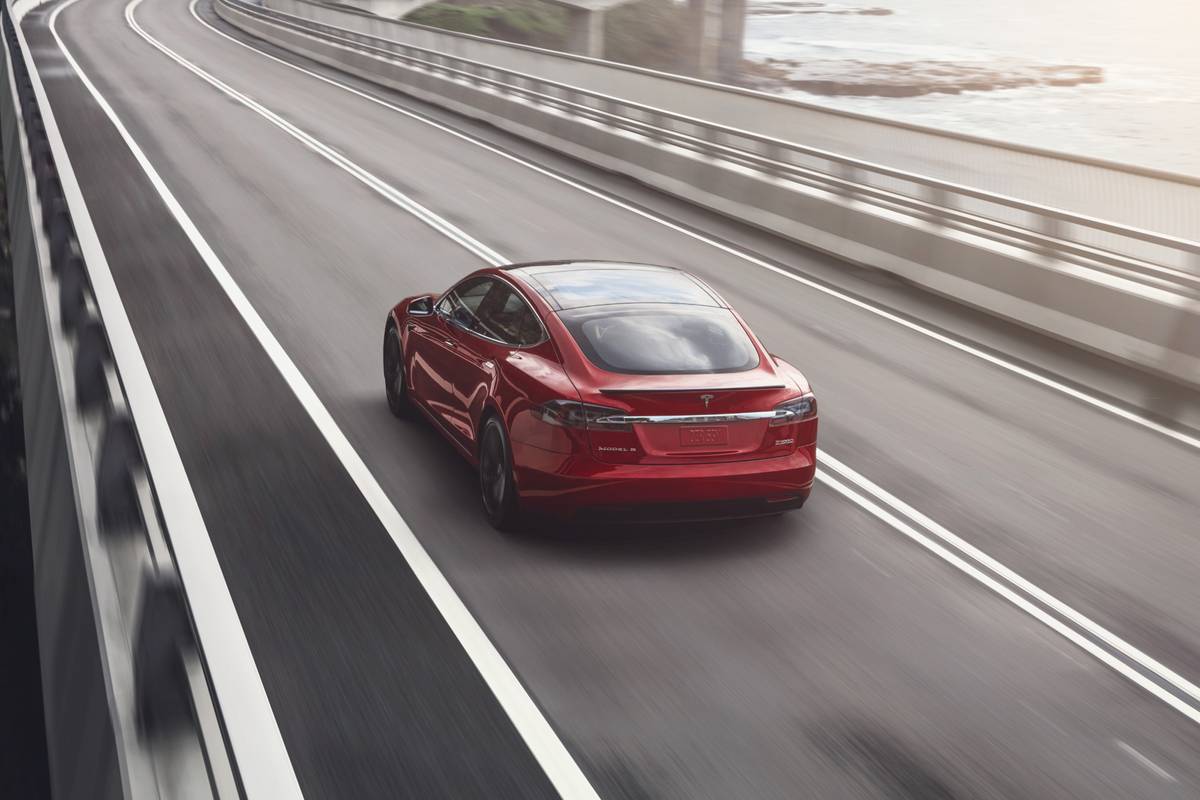
This week, a woman allegedly stole a Tesla Model S that was parked in a shopping center in Payson, Ariz. Chased by local police and county sheriffs, she fled town on a rural highway, evading spike strips and other attempts to stop the car. Eventually, the car ran out of battery, bringing it to a stop. The suspect refused to exit the vehicle, so police had to break a window to get her out.
Potential thieves, bear in mind that electric vehicles don’t make good getaway cars. As speed increases, expected range sees a significant reduction. Traveling just less than 100 mph, a Tesla Model 3 Long Range will lose about 120 miles of range, as this graph suggests.
Cars.com’s Editorial department is your source for automotive news and reviews. In line with Cars.com’s long-standing ethics policy, editors and reviewers don’t accept gifts or free trips from automakers. The Editorial department is independent of Cars.com’s advertising, sales and sponsored content departments.
Featured stories

